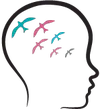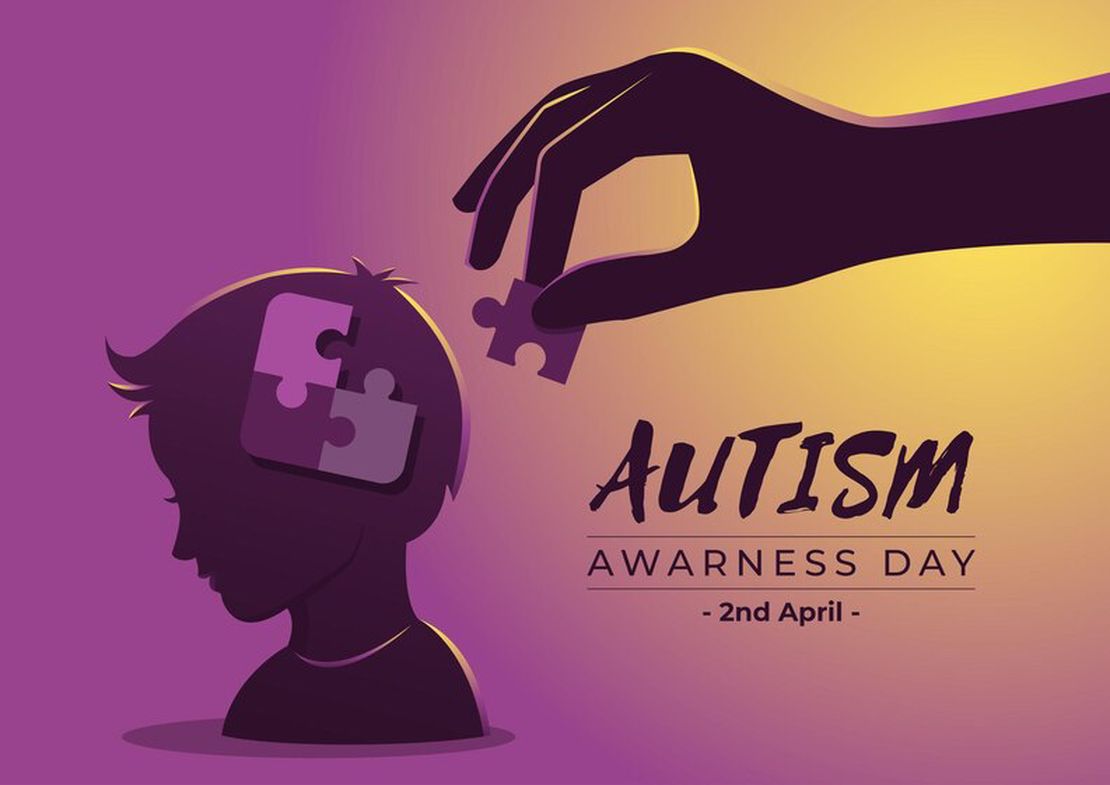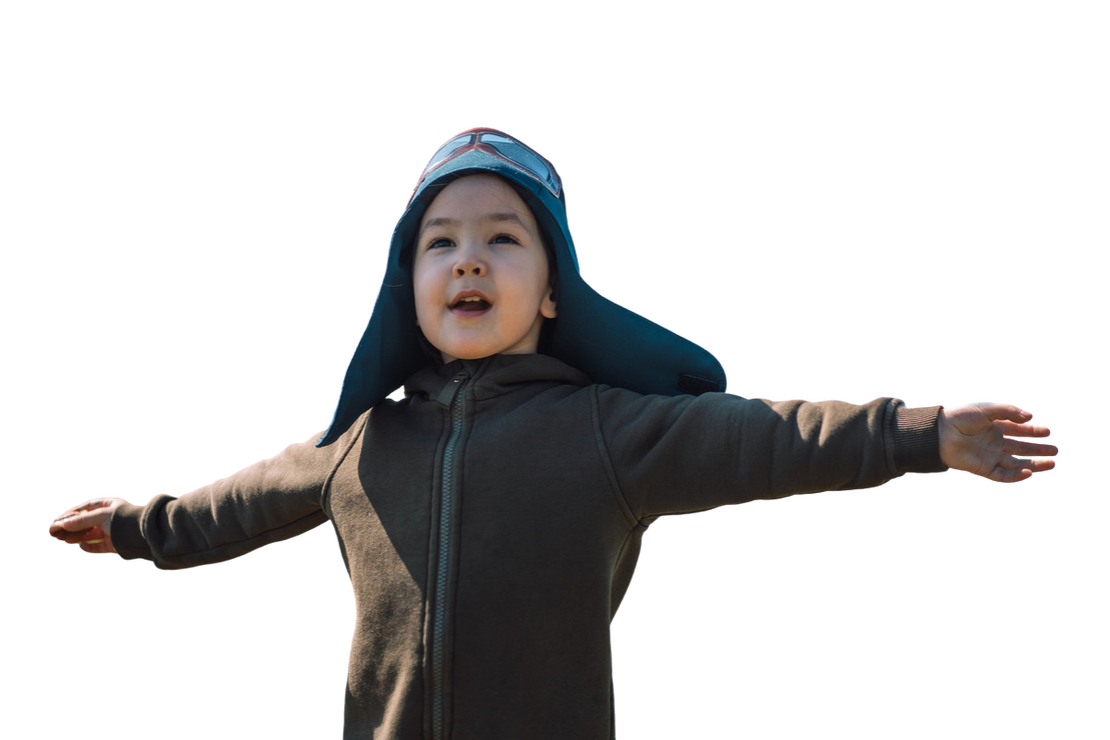What is Autism?
Autism is a neurodevelopmental disorder that manifests itself in the first years of life with findings such as retardation in language development, inadequacy in imitation skills, not returning to name, not making eye contact, obsessive repetitive behaviors. In the early 2000s, one in every 150 children was diagnosed with autism, while today this number has increased to 1 in 68 children.
Early Symptoms
According to our clinical observations, autism manifests itself with various findings in the early period (0-3 years). The most wrong approach to this group, which manifests itself in the early period, is to make parents wait until the age of 3 for their children to be diagnosed or to direct them to education methods that are not suitable for their children during this period.
Play Therapy in Autism
Although there is no early intervention method developed specifically for autism in our country, the importance of early educational diagnosis and intensive play therapy in autism is very important for recovery. This is because the most prominent findings in these children emerge during play processes. Families observe that their children are not interested in their peers, toys and the functions of toys. This situation appears as a corrupted game:
- Interest in the details of toys (the wheel of a car, the label of a ball)
- Spinning toys in your hand
- Gathering toys together or lining them up
- Not playing imaginary/symbolic games (pretending to drink from a cup…).
In order for early children with autism symptoms to recover from these symptoms, their play processes must first be organized. For this reason, it is important to improve the play environment at home, toy preferences and the play processes that parents establish with their children. At Prof. Dr. Burak Tatlı Child Neurology Clinic, we open the door to early intervention in autism with the NeuroPLAY Method.
When to Seek Expert Help?
If your child is between 0-3 years old and you observe at least two of the following conditions, please consult our clinic:
- Failure to return to name
- Making unusual hand gestures
- Rotation around itself
- Misuse of objects
- Avoiding eye contact
- Not being able to perform social play skills expected for his/her age
Bringing children into life with the right approach is as valuable as recognizing autism. Let’s bring the autism we recognize together to the game.
April 2nd World Autism Awareness Day! We wish you success in reaching children on time.


